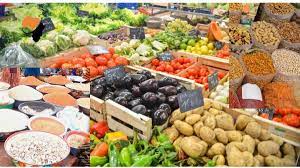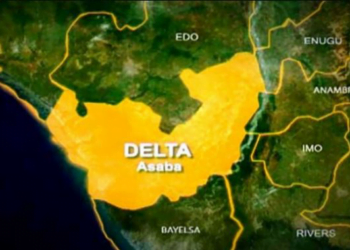The first 2024 Cadre Harmonise food security analysis conducted by the United Nations Food and Agricultural Organisation (FAO), Federal Ministry of Agriculture and Food Security and other partners have revealed that 31.5million Nigerians across 26 states and the FCT will be in food crisis situation or worse between June and August this year.
The report revealed that 24.7million people in the states under review are currently in a food crisis situation from the month of March through May.
The Cadre Harmonise report presented on Friday in Abuja by the partners showed that food consumption was under stress in most of the states and in crisis in some local government areas in states such as Adamawa, Borno, Kastina, Yobe and Zamfara states.
The report show further that during the projected period of June to August 2024 more households are expected to face crisis level of food consumption in the states due to high inflation, climate change and other economic challenges,
The report revealed that a deteriorated food consumption situation was observed among populations in inaccessible areas and in Internally Displaced camps in Adamawa, Borno, Sokoto and Zamfara state.”
The report attributed the food insecurity security situation to the spike in food prices due to high production and transportation cost caused by the removal of fuel subsidies and it resultant impact on inflation and consumer price index rates on both food and basic non-food items
The Country Representative of FAO and to the ECOWAS Kouavou Dominique Koffy, said the aim of the workshop was to analyse available food security data, for the purpose of identifying populations and areas at risk of food and nutrition insecurity in Nigeria, and to propose appropriate measures to prevent emergency of, or escalation of the situation.
Representative by the Deputy FAO, Dr. Suleiman Abubakar, he pointed out that a combination of shocks witnessed last year that resulted in the current food insecurity situation include conflict/insecurity and climatic hazards among others, which compromised food access, especially for the poor and vulnerable households across many communities.
While pledging their commitment to continue to support the CH process, both in terms of funding, technical support and capacity building, across the country, when resources allow, he revealed that For this cycle alone, FAO spent an estimated $95,000 towards travels and DSA for government stakeholders, and workshop facilities
The Permanent Secretary, Federal Ministry of Agriculture and Food Security, Mr. Temitope Fashedemi, while declaring the workshop opened said the analysis was conducted and validated by highly skilled professionals of the CH analysis task force over the past two weeks.
Fashedemi who was represented by the Director Special Duties, Mrs. Modupe Adedayo, also attributed the current situation to lingering negative impact of Covid-19 on the global economy, and the Russia-Ukraine war which is currently disrupting the food systems and spiking up input prices such as (fertilizers and agrochemicals) and also the food prices as well.




